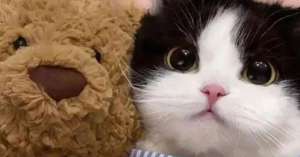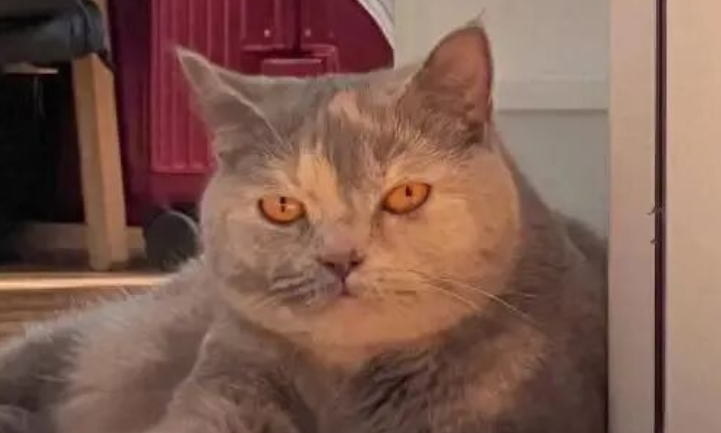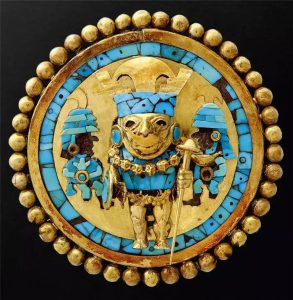I’ve got to be upfront with you first: I’ve been a cat owner for years, and the pitfalls I’ve stumbled into—and the tears I’ve shed—could fill a bucket. Like most first-time cat parents, I started out with a picture-perfect fantasy: a soft, cuddly kitten nestled in my arms, purring like a tiny motor, following me everywhere like a little shadow.Reality, though, slapped me hard. I discovered that some cats, no matter how well you treat them, always seem to keep an invisible glass wall between you and them. You wave at them with a heart full of affection, and they just stare back with an icy look, as if silently questioning, “Is something wrong with this human?”That feeling is pure defeat—like pouring all your love into a black hole. It’s not even like “feeding a dog,” as the saying goes—it’s more like feeding a cat that will never, ever warm up to you.Over time, I finally figured it out: it’s not my fault. Some little furballs are simply born lone wolves—natural “independents.” Don’t even think about being their “royal ruler,” because they’ll never see you that way.
-
Bengal Cat: In My World, You’re Just a Visitor
A friend of mine owns a Bengal cat, and the first time I met it, I was completely mesmerized. That sleek body, those wild rosette markings—it’s like someone shrunk a leopard and placed it in a living room. Absolutely stunning. At first I was jealous, thinking, If only this gorgeous cat were mine.But after a few visits, my envy turned into sympathy. This cat doesn’t act like a typical house pet. It doesn’t destroy furniture or meow excessively—it simply refuses to be affectionate. When you sit on the couch, it either perches on the highest cabinet, gazing down at you with a regal, king-of-the-jungle stare, or it patrols the room, inspecting its “territory.”My friend has tried countless times to pick it up, but the cat slips away like a slippery fish every single time, leaving my friend awkwardly empty-handed. It’s not that the Bengal dislikes people—it simply doesn’t need them. In its mind, the home is its domain, and the human is just the staff responsible for feeding and cleaning the litter box, a roommate of low rank. Owning one means accepting you’re a functional character in its life, never the emotional center.
-
Abyssinian Cat: Play Is Play—Don’t Talk Feelings
Another breed is the Abyssinian. Once you meet one, you won’t forget it. They look as if they’ve stepped straight off an ancient Egyptian mural, radiating alertness and agility.I once spent an entire afternoon at a cat café playing with an Aby, and it felt like supervising an over-energized child in gym class. This cat was dazzlingly smart: dangle a toy and it would backflip and leap nonstop, never tiring.But when playtime ended, a curious thing happened. The cat found a quiet corner, curled up, and closed its eyes. I tried to pet it; it didn’t even lift an eyelid—just gently turned its head away.That’s when it hit me: all that excitement wasn’t affection for me; it was pure love for the game. Abyssinians thrive on the thrill of the chase. Who’s holding the toy hardly matters. Think of them as natural athletes: they crave space and equipment, not cuddly spectators. You’ll always share a polite but distant partnership—like teammates, not family.

-
Tuxedo Cat: Who’s the Boss? Depends on My Mood
If you’ve ever lived with a Tuxedo cat, you already know what I’m about to say. These black-and-white beauties are walking “temperamental artists,” ruled by whims, not logic.My downstairs neighbor owns one, and I often hear her exclaim in frustration, “What on earth do you want now?!”Whether a Tuxedo recognizes you as “its person” depends entirely on its current mood. When it’s feeling affectionate, it’ll flop onto your lap belly-up, purring like a tractor, making you feel like the luckiest cat parent alive.But don’t get cocky—one tiny disturbance, even a louder breath, and it might suddenly swat you with a “gentle warning” and vanish like a monochrome gust of wind.You can never predict its triggers or how long the affection will last. Ancient wisdom says “the human heart is hard to fathom,” but a Tuxedo cat’s heart is even more mysterious.To live happily with one, you need a thick skin. Treat it as a mysterious guest: welcome it when it visits, never question when it leaves. Hoping it’ll consistently treat you as its master? That’s pure fantasy.
-
The Heartbroken “Once-Loved” Cat: The Door That Never Opens Again
This last type is the saddest and the one that hurts the most. It has no specific breed, only a shared story—abandoned house cats.You’ve surely seen them: solitary, icy-looking cats in apartment courtyards or garden beds. Offer food and they’ll snatch it and retreat to an unseen corner before eating. Try to approach and they bolt like lightning, eyes full of fear.I used to think a feral life made them wild. Later I understood I was wrong. The more they shun humans, the more human love they may once have known.Imagine a cat raised in a warm home, whose entire world was one person. It pawed their pant leg, slept with its head on their arm. Then one day, that beloved human shut the door—forever.To the cat, that final click wasn’t just a sound; it was the collapse of its universe. It’s not that these cats refuse to love—they were taught, brutally, not to trust.Now when they wander the neighborhood, they’re not exploring—they’re searching for a lost scent, a door that will never reopen. They’re not cold; they’re terrified.Every act of kindness might feel, to them, like the beginning of new betrayal.As the old saying goes, “Things remain, but people are gone; tears fall before words,” which fits them perfectly. Their hearts are locked away.All we can do is set down food and water from a respectful distance, avoid intrusion, and guard the fragile dignity they have left.
Bringing a cat into your life is like inviting an independent soul to share your world.Before you decide, please—think it through.Can you truly accept everything that comes with it—both the tender affection and the moments of cool distance?





